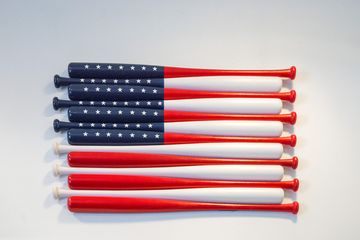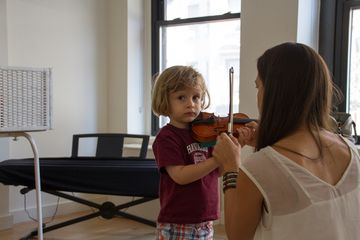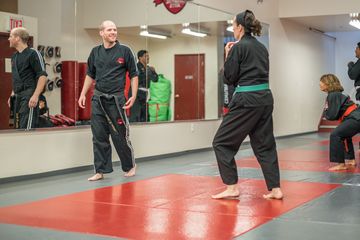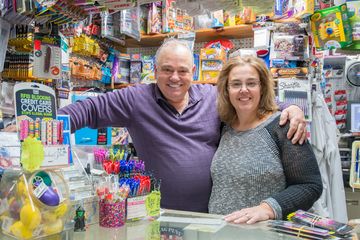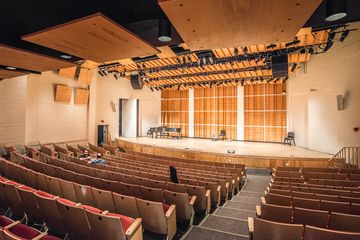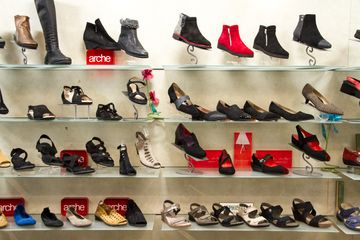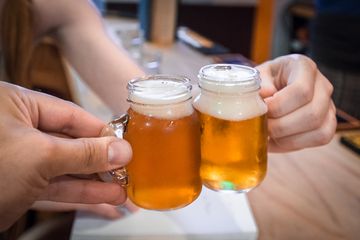It does not matter what I am looking for, I always stop by Stationery and Toys first, certain that I will find what I need. Sometimes I find myself laughing out loud when I ask either of the owners of this fantastic old world shop, a father and daughter, for the item that I am in search of that day, and they answer "of course we have it. " With its simple name and treasure trove of items for children and adults alike, it is one of the last of its kind, and it makes me happy simply to wander the aisles. "I used to sell wholesale to Hallmark stores, " Larry Gomez, the founder, shared with me one day. "Now there aren't places like this anymore. " On the day that I visited with the Manhattan Sideways team, Larry took the time, in between ringing customers up for paper, pens, puzzles and party supplies, to tell us how the store began. He said that his daughter, Donna Schofield, came home from college to help him in the wholesale business. As Larry tells it, Donna said, "Daddy, Daddy, Daddy, I don't want to sit in a warehouse anymore. I want to work in retail. " Donna, when I spoke to her, tells it a little differently. She says, "I was talking to the same people every day with very little sight of daylight. I wanted to work in a store. "Either way, the outcome was a positive one. Larry gave Donna her wish in 1988 by opening Stationery and Toys. One day, I asked her what it was like having children while working around toys. She said, "My son thought the warehouse was Santa Claus's section. " The boy, who is now fully grown, knew to stay away. His younger sister, though, needed more convincing not to play with the toys. Donna gave the keys to the store to her brother-in-law for a while in order to spend more time with her family, but in 2009, she returned. "She's the big cheese, now, " Larry declared. Today, during the week, when a customer walks into the store, they will see Donna behind the counter and on the weekends it is Larry who is there, allowing his daughter to remain at home. "I'm the Saturday Sunday man! " he said with a grin. Donna's son, however, has started coming in on weekends to work with his grandfather, while he studies to become an electrician. It is this sense of family that Larry believes has saved their store. Donna and Larry form a friendly pair of faces for neighbors to recognize from year to year. He says that they still see many regulars from when the store first opened, though as Larry put it sadly, "there are many that we've lost. " He brightened, however, when he told me about the men and women who come in with their children. Larry recognizes many as having been frequent shoppers when they were kids themselves. He considers himself quite fortunate to have stayed in business through the years. When he first started, he explained, the area was known as "Needle Park" and in order to stay out of danger, people got out of the neighborhood by six in the evening. Now, Larry embraces the fact that the street is a place where families can safely thrive. When speaking with Gary - a sales assistant who has been with the store "for a long time" - I asked him how they decide what to stock, since the inventory seems to be infinite. He replied, "Donna gets it word of mouth, through the kids. The best thing to do is to listen to them. " Donna agreed, saying "If I get asked for an item three times, I get it. " Just before we were leaving, we witnessed a beautiful yet typical moment when Donna noticed a little boy eying a batman figurine on the counter while his mother was making a purchase. Donna sweetly handed the toy to him and told him that it was now his. Neighborhood kindness and generosity is alive and well at Stationery and Toys.
